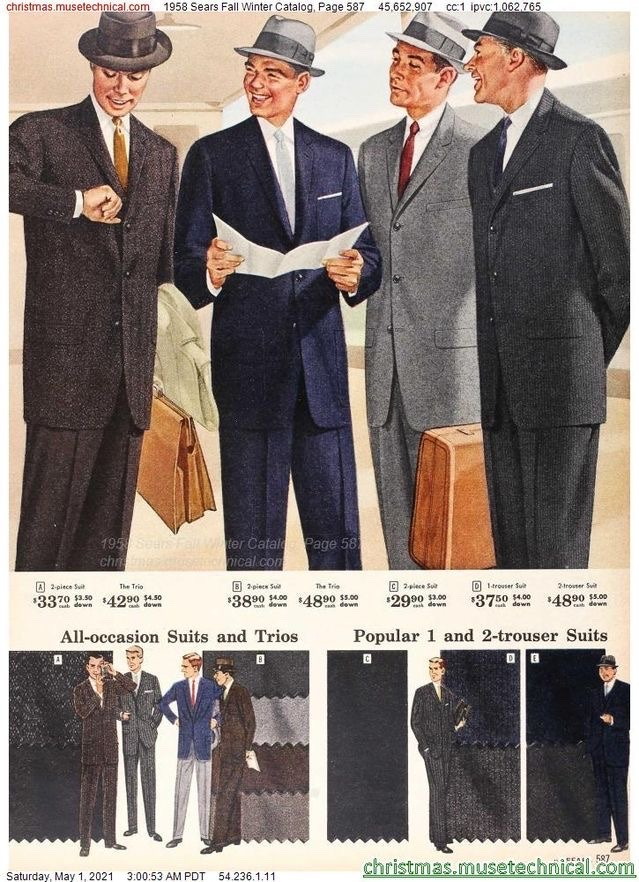
Back in 2019, I wrote a case-study on ad- and tracker-blocking as part of @EFF's series on #AdversarialInteroperability (AKA #CompetitiveCompatibility or #Comcom).
eff.org/deeplinks/2019… 1/
eff.org/deeplinks/2019… 1/

My point was that the ad-tech industry says that it tracks you as part of a bargain: you trade away your privacy and get media in exchange, but that this was a bizarre kind of take-it-or-leave-it form of bargaining. 2/
The ad-tech deal boils down to this: "Just by following a link to this page, you have agreed to, well, *anything* we feel like doing. We can collect your data, sell it, merge it with other data, share it, mine it, exploit it. Forever."
That's not much of a bargain. 3/
That's not much of a bargain. 3/
Clearly ad-tech doesn't take it seriously - as FB's own privacy techs admitted in a leaked memo, they have *no idea* how they use your data (an FB engineer called FB's data-handling "a complete shitshow"), so how can this possibly be a fair trade?
vice.com/en/article/akv… 4/
vice.com/en/article/akv… 4/
I'm no free market stan, but I do think that bargaining can improve outcomes. That's where ad-block comes in: by blocking ads (or trackers, say, with EFF's @PrivacyBadger), the website makes an offer: "Give me everything," and you make a counter-offer: "How about 'Nah?'" 5/
A couple weeks ago, the folks at @adafruit got in touch to tell me about a new privacy kit they were developing: the #ESPHole, a variant on the #PiHole privacy appliance. This is a matchbox-sized gadget based on the open source Raspberry Pi processor. 6/
You get it onto your home wifi and then tell all your devices to use it as their DNS server. It has a list of known ad servers and when your computer tries to contact one of these servers (to fetch an ad embedded in a web-page or app), it sends back 0.0.0.0 as the IP address. 7/
Your computer is unable to reach the ad server, so you don't see the ads - and the ad-tech company doesn't get to harvest your data. 8/
I sent them my EFF case-study and they thought it was a great fit, so they programmed their ESPHole to count blocked ads a "Nah"s - so the screen will tell you "283 Nahs!" after blocking 283 ads.
learn.adafruit.com/esphole-ad-blo… 9/
learn.adafruit.com/esphole-ad-blo… 9/
Back in 2015, @dsearls called ad-blocking "the biggest consumer boycott in history."
web.archive.org/web/2018092322… 10/
web.archive.org/web/2018092322… 10/
The industry claims it harvests and processes our data with our consent. Gadgets like the ESPHole let you withdraw that consent, and make it stick. It lets you say, "How about 'Nah?'" 11/
In the early days of the browser, the web was taken over by an epidemic of obnoxious pop-up ads. They would spawn in invisible windows, or play sound, or run away from your cursor. Closing one would make three more pop up. 12/
We killed pop-ups once @mozilla and @opera shipped a browser with pop-up blocking turned on by default. 13/
All the arguments about whether pop-ups were good or bad for publishers or users were trumped by a technological fact: *no one sees pop-up ads anymore.* Once that fact was true, pop-ups disappeared for good. 14/
America desperately needs a federal privacy law with a private right of action, and the EU desperately needs to start actually enforcing the GDPR. But as important as these laws are, the technology has a role to play here. 15/
Stopping tracking in your browser, or across your whole home network, will make it much easier to get good laws passed and enforced. After all, if no one *sees* invasive ads, the companies won't have any money to mobilize to block privacy laws. 16/
The ESPHole is $25, plus another $5 for a USB cable if you don't already have one. I don't have any commercial interest in Adafruit or the ESPHole - but I am proud as anything to have played a small role in inspiring this great little gadget. 17/
ETA - If you'd like an essay-formatted version of this thread to read or share, here's a link to it on pluralistic.net, my surveillance-free, ad-free, tracker-free blog:
pluralistic.net/2022/04/28/shu…
pluralistic.net/2022/04/28/shu…
• • •
Missing some Tweet in this thread? You can try to
force a refresh



















